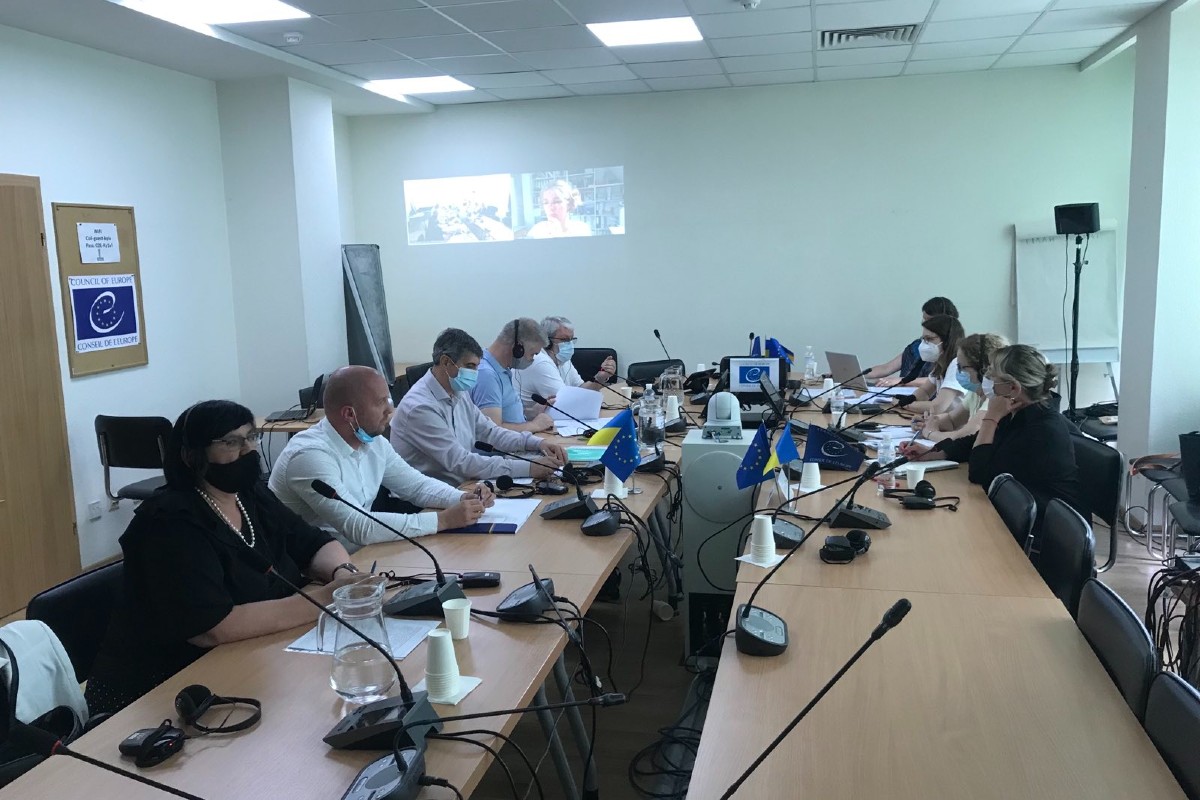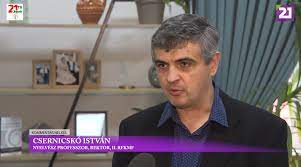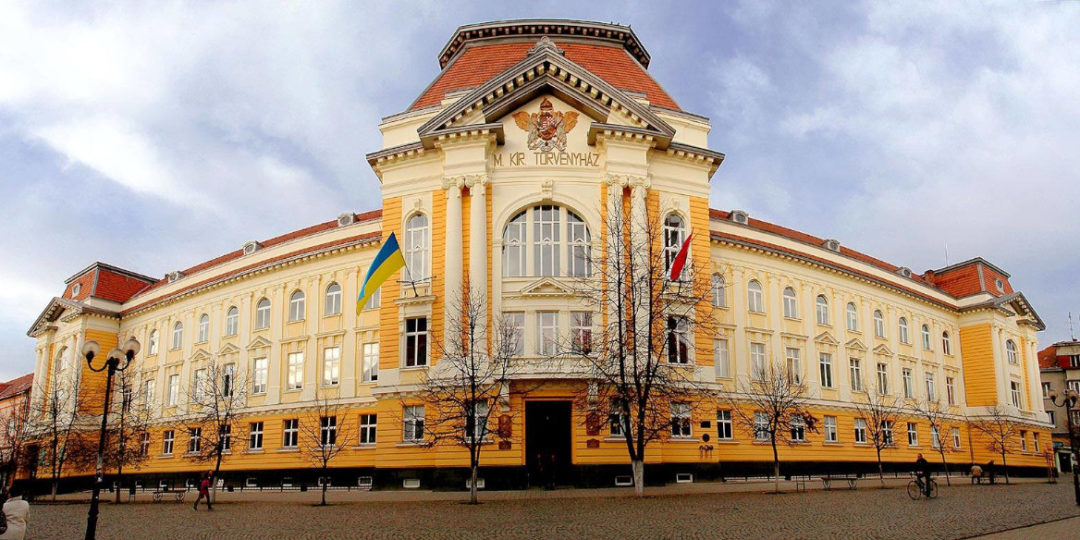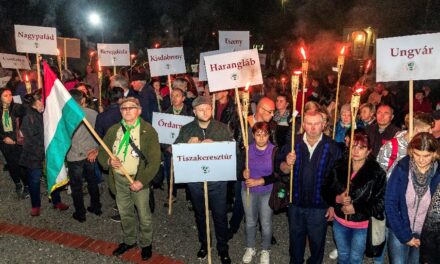Representatives of Transcarpathian Hungarians met with the Council of Europe delegation in Kyiv on July 7, 2021. The members of the delegation are István Csernicskó, II. The rector of Ferenc Rákóczi Transcarpathian Hungarian College (II. RF KMF), Ildikó Orosz, the II. RF KMF and the president of the Transcarpathian Hungarian Pedagogical Association, Zoltán Kulin, the director of TV21 Ungvár, József Rezes, director of the Association of Subcarpathian Border Local Governments and László Zubánics, the president of the Ukrainian Hungarian Democratic Association.
Rector István Csernicskó said the following about the meeting: The topic of our meeting with the delegation of the Council of Europe was the protection of minorities and ensuring minority language rights. In 2003, Ukraine ratified the minority protection document entitled "Framework Convention on the Protection of National Minorities", which imposes certain obligations on the state and ensures the use of minority languages in several areas. Examples include education, media, justice, state administration, cultural life - just to mention the most important ones.
In addition to complying with the international convention, Ukraine undertook to report to the Council of Europe every three years on the fulfillment of the provisions of the document.

Source: karpatalja.ma
For the latest report sent by Ukraine to the Council of Europe, we prepared a so-called shadow report, in which we formulated our own experiences in relation to compliance with the convention. In our opinion, Ukraine is not keeping its own commitments. Regarding the protection of minority languages the Kyiv government has introduced restrictive measures and adopted several laws and documents that restrict our minority rights and the rights to use minority languages.
The purpose of the July 7 meeting was for the monitoring mission of the Council of Europe to find out about the fulfillment of the charter's obligations on the spot. In addition to the meeting with the representatives of the Ukrainian state, they also personally listened to the opinions of the representatives of the minority.
State representatives reported that Ukraine actually performs well in all areas and provides all rights.

István Csernicskó/Source: karpatalja.ma
For this, we have shared our own experiences. We drew attention to how the 2017 Education Act narrows our rights; that the law on general and secondary education adopted in 2020 confirms everything contained in the education law of 2017; that the state language law adopted in 2019 affects our everyday life; that the new law on national minorities, in which the Ukrainian state promised to regulate our rights, has not yet been completed.
Although the draft law concerning minorities has been prepared, the law still does not exist. However, the draft is not satisfactory for us either, because it contains many points that, even compared to our current situation, worsen the possibilities of using minority languages.
We also informed the delegation that the repeal of the 2012 language law created uncertainty; that the state language protection commissioner and his office sometimes go beyond their own authority and want to force the representatives of the Transcarpathian Hungarian community to speak the state language.
For example, Rákóczi University was reported to the State Language Protection Commissioner because of its Facebook page in Hungarian, even though the institution does not have an official Facebook page. But we can also mention the case when a Hungarian school was reported because it held its Christmas program in Hungarian, or the school principal in Akanszlatina because he spoke in Hungarian to the Hungarian-language broadcast of TV21 in Ungvári , and we could go on and on. The above-mentioned and numerous other cases were presented to the committee not only orally, but also in writing as proof of how the Ukrainian state does not comply with the recommendations made to support minority languages.
The delegation of the Council of Europe is preparing a report from the data heard and seen here. The Ukrainian government and the Council of Europe will receive their report, which will formulate proposals for Ukraine after a discussion.
We hope that the Council of Europe - based on what has been said and the evidence submitted in writing - will call on Ukraine to ensure basic minority rights. After all, if this country wants to integrate towards Europe, it must also comply with international standards.
Source: Kárpátalja.ma/Gál Adél













